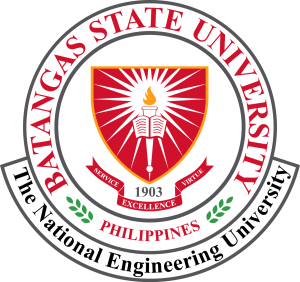























bsu-facade-web-slider
main-1-entrance
homepage-webslider-3
homepage-webslider-1
homepage-webslider-2
main-1-higher-educucation
main-1-research-cirtc
main-1-amphithreater
main-1-lecture-room
main-1-hostel
main-1-gym
main-1-canteen
College of Law
News
[rpwe limit="10" thumb="true" limit="5" cat="6" post_status="publish" date="true" readmore_text="Read More »"]
DOCTOR OF JURISPRUDENCE NON-THESIS PROGRAM
Program Educational Objectives
Graduates from the College are expected to attain or achieve the following program educational objectives within a few years of graduation:
- Specialist - Development in the different fields of the law profession
- Professionalism and Leadership - Positions of leadership in the public and private sectors
- Lifelong Learning Engage themselves in public interest issues and concerns
Student Outcomes (SO)
- Discipline Knowledge. Develop clear understanding of basic principles, rules and doctrines.
- Investigation. Define and access information needs; assess and organize information and knowledge; produce, share, and utilize information and knowledge.
- Problem Analysis. Apply the basic principles, rules and doctrines to hypothetical and actual cases.
- Ethics and Professionalism. Apply ethical principles and professional responsibilities in law situations and make informed judgments, which must consider the impact of law solutions in global, environmental, and societal contexts.
- Communication. Communicate effectively on complex law activities with the community, and the society at large, such as being able to comprehend and write effective reports and design documentation, make effective presentations, and give and receive clear instructions.
- Environment and Sustainability. Recognize the impact of legal solutions in societal, global, and environmental contexts and demonstrate knowledge of and need for sustainable development.
- Lifelong Learning. Recognize the need for, and ability to engage in independent and life-long learning in the broadest context of the legal profession.
- The Lawyer and Society. Apply reasoning based on contextual knowledge to assess societal, health, safety, legal, cultural, contemporary issues, and the consequent responsibilities relevant to professional law practices.
- Social and National Responsibility. Apply acquired knowledge and skills in law in addressing community problems that contributes to national development.
Contact Us
Telephone Number: (043) 980-0385 local 1126
Email Address: batstateu.collegeoflaw@gmail.com
Facebook Page: Batangas State University – College




